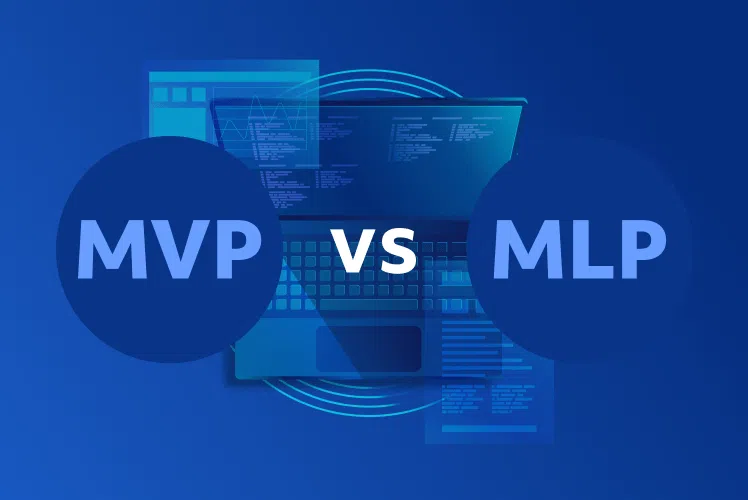Table of Contents
Cloud computing has grown incredibly popular due to the numerous advantages that it brings. Thus it comes as no surprise that cloud applications have become a common thing and we now see more and more of them in our daily lives. And if you need an example, think of Pinterest or Office 365.
In order to create a high-performing and robust cloud application, one needs to carefully choose a programming language that would ensure the app’s quality. In this article, we will have a look at the programming languages that are considered most suitable for cloud computing.

What is cloud-based development?
Before listing the languages that are used for cloud computing, it is important to actually define cloud-based development and its biggest benefits.
Cloud-based development is the development and deployment of cloud applications. In other words, it’s the delivery of services (apps) over the “cloud” which is basically the Internet. So instead of hosting an app on a physical server, companies host it in the cloud.
Such an approach has several unbeatable advantages:
- Low operating costs,
- High speed of service,
- Unlimited storage,
- Quick deployment,
- High level of security,
- Big scaling opportunities.
The most popular examples of cloud applications are Dropbox, Hubspot, Gmail, and even Facebook. Since cloud apps vary in functionality, each app would need a specific programming language to handle all the needed requirements. So what are the top languages for cloud computing? See our list below.
Java
Being one of the oldest programming languages in the world, Java also remains among the most popular ones. With regular releases of new versions, the language adapts to the changing requirements of the development community and enables developers to code in a convenient and efficient way.
As for cloud computing, Java has several features that serve as significant advantages:
- First-class support from most cloud providers,
- Support of microservices with the help of powerful frameworks,
- An opportunity to perform reactive programming,
- Realization of serverless architecture,
- Various tooling support (Eclipse, Maven, Gradle),
- Reliable libraries.
Java is highly compatible with AWS Lambda and has quite a predictive performance which helps predict the memory needs of most functions and allocate the memory consumption correspondingly. And if you need examples of Java-powered cloud applications, think of such big players as Gmail or Confluence.
As for SoftTeco, we have been the Java adepts for over 12+ years and we believe that this language guarantees security and seamless performance if you know your way around it.
Python
Alongside Java, Python is also in the list of the most popular programming languages due to its simplicity and a really big community. But despite its simplicity, Python is capable of efficiently processing large data sets. This ability places it among the languages that are most suitable not only for cloud computing but machine learning and IoT-related tasks too.
Python is widely used in cloud computing (examples are Pinterest and Spotify) due to the following features:
- Super fast spin up time (100X faster than Java),
- A huge variety of available third-party modules for easier interaction with other platforms,
- Relatively simple architecture,
- Support from major cloud providers.
As said above, Python is great for work with neural networks, machine learning tasks, and similar projects. And considering its growing popularity and immense support from the community, it’s definitely a language worth paying attention to.
Go
Also known as Golang, Go was introduced by Google and is intended for building large and complex software. Despite having a few disadvantages, Go is suitable for serverless environments and overall has its own benefits in terms of cloud computing.
The main benefits of Go:
- High tenacity rate of 1.x,
- Stability due to its design, ecosystem, and tooling,
- A special method of writing concurrent code called goroutines,
- Statistics binaries.
Like other languages in this list, Go is also supported by most cloud providers. As for its application, Go is suitable for the development of drones, robots, and IoT applications.
.NET
.NET is a platform by Microsoft and Microsoft is a vendor of Azure which is one of the biggest cloud providers. Therefore, it goes without saying that .NET is great for developing cloud applications.
Among the top beneficial features of .NET are:
- Native support from Azure,
- Optimized usage of computer power,
- Support for asynchronous programming, concurrency, and parallel algorithms.
In addition to reliability and robustness, .NET also has a really big community that can help you tackle any issue that you might face. And if you need examples of .NET-powered cloud apps, think of Office 365 or Sharepoint.
Node.js
Node.js is another platform that is highly suitable for cloud computing. Due to its features, Node.js is especially efficient in handling a big number of connections.
So what’s so great about Node.js? Here are the biggest benefits:
- Variety of modules (to be more precise, 1735 available plugins) that enable developers to work with the apps in different ways,
- Fast spinup time,
- Support from community,
Since most operations in the cloud are asynchronous, Node.js (same as .NET) is a perfect choice and helps developers build great cloud applications.
Final word
The choice of a programming language for your cloud application will heavily depend on the app’s purpose, intended functionality, and scope. However, judging by our own experience and the industry trends, we can say that the languages described above will remain the most popular in terms of cloud computing due to the features that they offer to the developers.



Comments